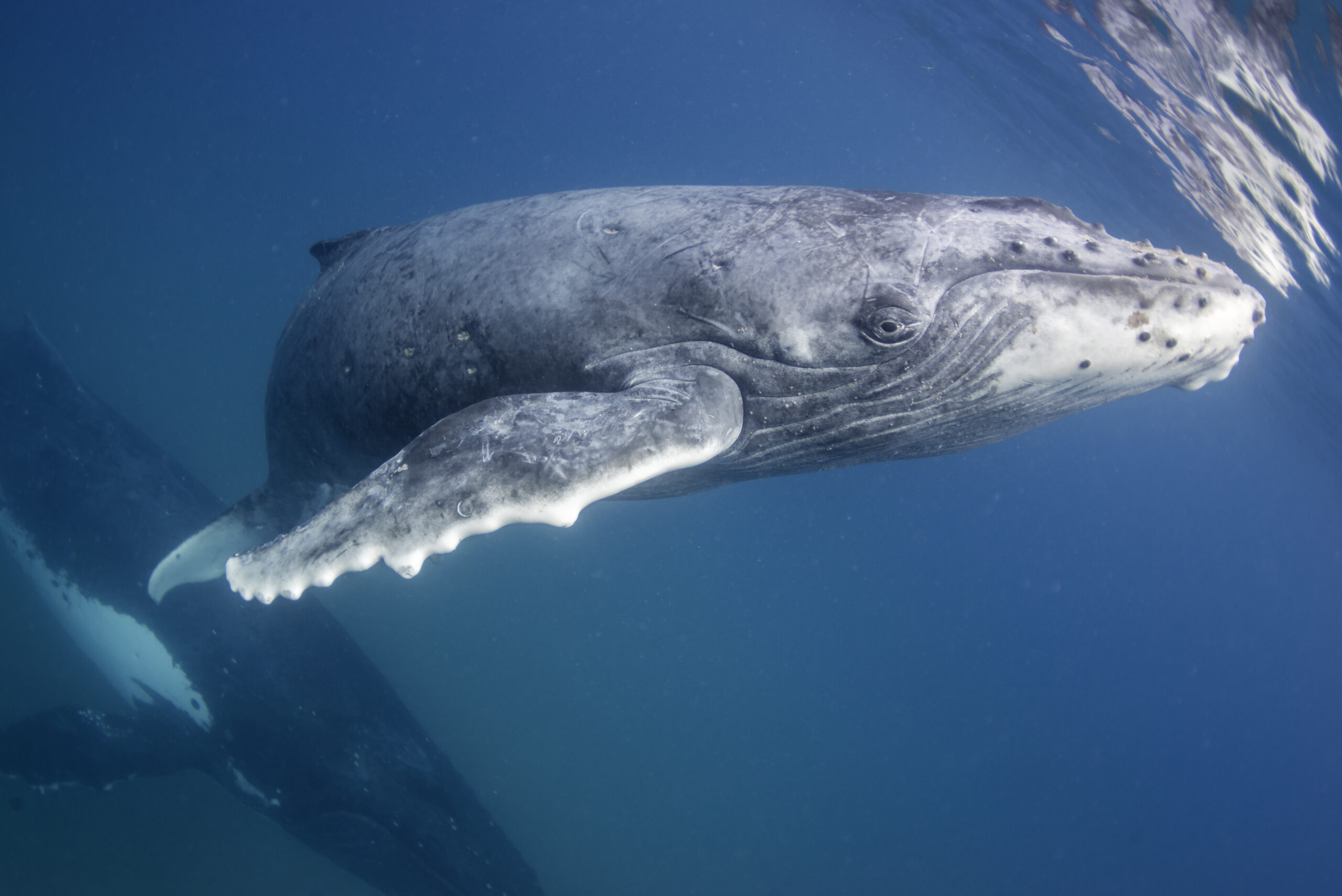TRENTON, NJ – Recent reports have brought attention to the significant increase in whale and dolphin deaths along the Jersey Shore.
In what used to be a rare occurrence, approximately two dozen whale species have died near New Jersey since the fall of 2022, along with nearly two dozen dolphins found dead in “unusual mortality events,” as cited by the National Oceanic and Atmospheric Administration (NOAA).
This concerning phenomenon has led to questions and controversies surrounding the causes, with some pointing fingers at offshore wind turbines’ construction and sonar mapping.
The Sonar Mapping Controversy
Offshore wind turbines require detailed mapping of the ocean floor, a process that often uses underwater sonar mapping. The technology has been criticized by some environmentalists and politicians who believe it might be linked to the rise in marine animal deaths.
Governor Phil Murphy has dismissed these claims, stating that the sonar mapping is not responsible for the whale deaths. He attributes the mortality to a decade-long trend in whale deaths rather than a sudden increase due to offshore wind development.
Lack of Scientific Evidence
In response to the situation, the Bureau of Ocean Energy Management (BOEM) published an $800,000 grant on May 25th to conduct a study entitled, “Addressing Key Information Gaps in Acoustic Ecology of North Atlantic Right Whales.” The grant aims to determine how much of an effect underwater sonar mapping off the coast of New Jersey could impact marine life, including whales, dolphins, and others.
Local leaders, such as Governor Murphy and Senator Vin Gopal, have assured New Jersey residents that no risks were associated with offshore sonar mapping, despite the increase in whale and dolphin deaths in 2022 and 2023. However, they failed to provide scientific evidence to back their claims. The pattern of deaths has not matched previous years, with more marine animals dying in 2023 than in recent years on record at the Jersey Shore.
The Grant and Its Objectives
The BOEM grant outlines a comprehensive study that will delve into various aspects of marine life, including the acoustic behavior of critically endangered North Atlantic right whales. The data will be gathered using digital acoustic recording tags to study the relationship between behavioral state and vocalization features in whales. This includes sampling the context of their behavior, such as feeding versus migrating patterns.
The study aims to fill significant data gaps in whale call rates and provide context for the acoustic behaviors observed. It will cover analyses of right whale acoustic data, oceanographic covariates, and range-wide acoustic cue rates. The study is set to last for two years.
The increase in whale deaths at the Jersey Shore has sparked concern, controversy, and uncertainty. Without substantial scientific evidence, both sides of the political spectrum have struggled to prove their claims regarding the link between sonar mapping and whale deaths.
The federal government’s decision to commission a scientific study acknowledges the seriousness of the situation and the need for unbiased research. If Governor Murphy has relied on science to guide him through the COVID-19 pandemic, he must also allow science to lead the way in addressing the environmental impact of offshore wind energy.
The study funded by BOEM promises to bring clarity to the issue and help inform future decisions about offshore wind development. For now, it remains imperative to approach the matter with caution, seeking a balance between renewable energy goals and the protection of marine life.

